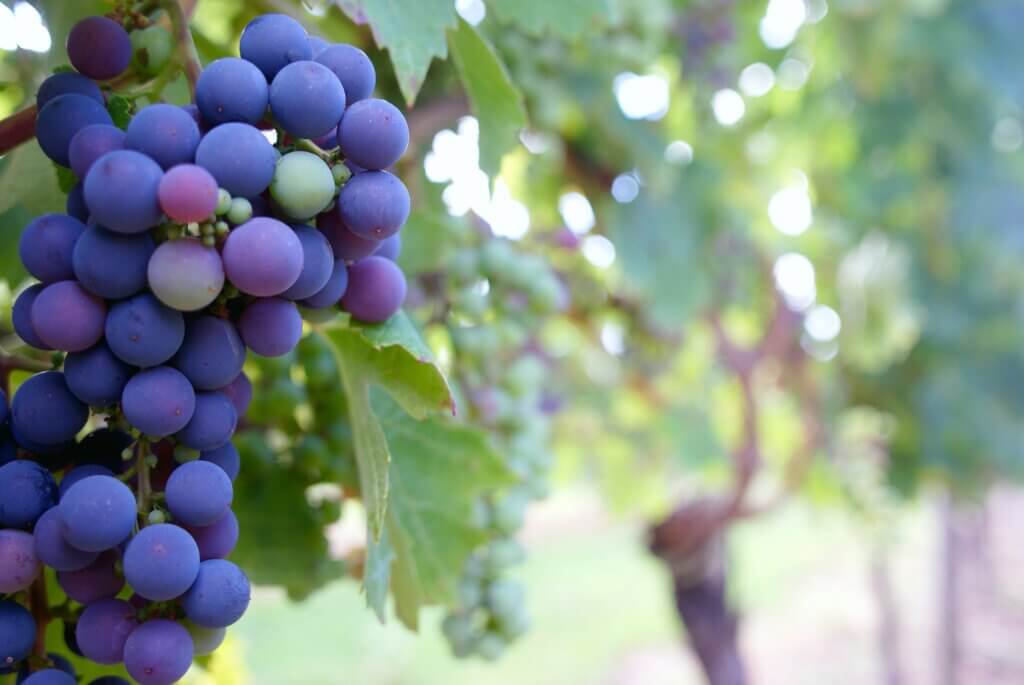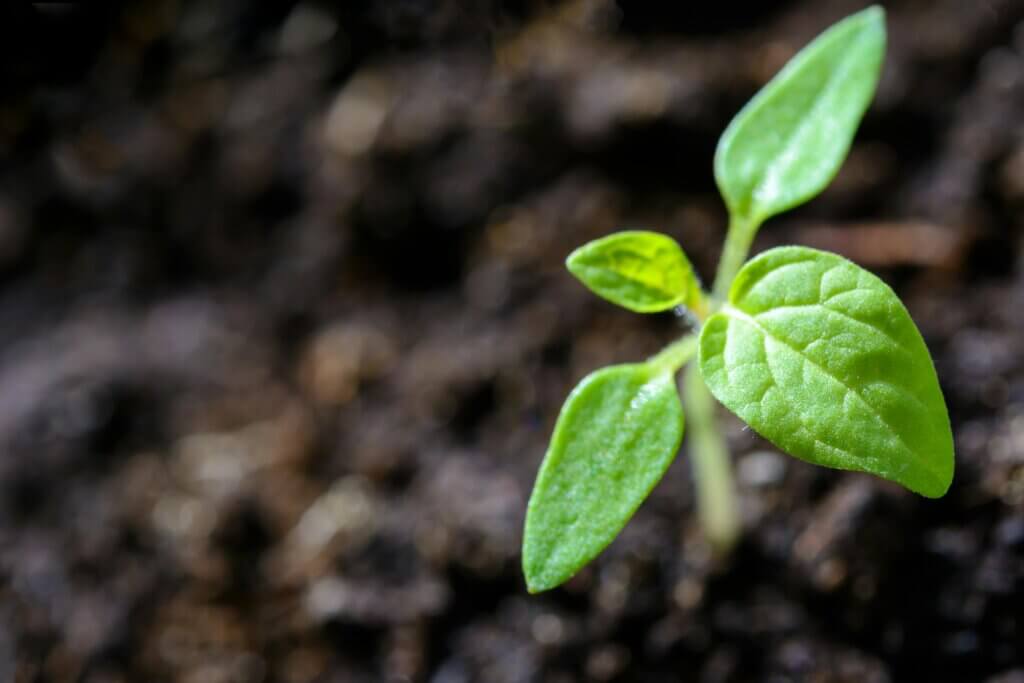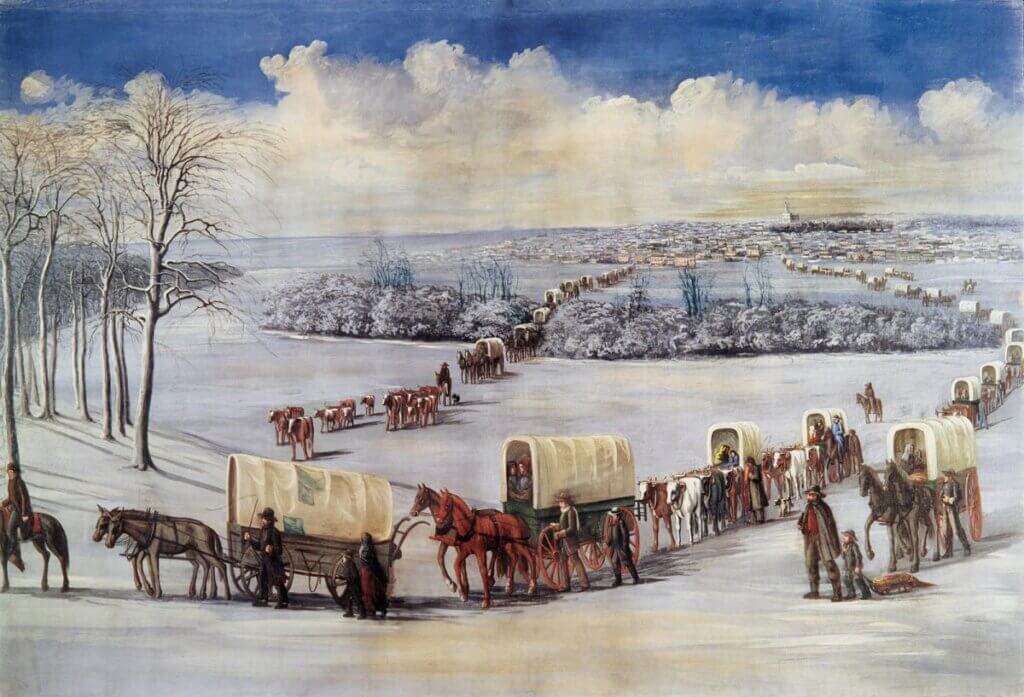The question of yielding fruit worthy of God’s acceptance ought to concern all. As Zenos’ olive tree allegory informs us, prior to the restoration of Israel’s natural lineages—Jews, Ten Tribes, and Lamanites—all the trees of the vineyard, including the mother tree, are producing “evil fruit” and are “good for nothing save it be to be hewn down and cast into the fire” (Jacob 5:35–42).
Indeed, that very condition is what precipitates the restoration of house of Israel lineages when the gospel turns from the wild olive branches that had kept the mother tree alive and returns to the house of Israel in fulfillment of many scriptural prophecies (Isaiah 11:10–12; Romans 11:11–27; 1 Nephi 13:42; 15:12–20; 2 Nephi 22:6–14; Jacob 5:63; 5:1–2; 3 Nephi 16:4–12; 20:11–21).
To squarely address the question of “evil fruit”—and not pretend it doesn’t exist, can’t be us, or that we don’t need to deal with it because it dwells too much on negative things—we may draw on several scriptures that show the way. First, ones that reflect our sincere desire to reverse our situation encourage us to “bring forth fruit meet for repentance” (Alma 12:15; 13:13; 34:30).
Nephi saw in vision what we must repent of: living at ease in Zion, being puffed up with pride, putting our trust in man, hearkening to precepts of men, denying the power of God, getting angry at the truth of God, wanting no more of God’s word, preaching false doctrines, perverting the right way of the Lord, reviling against what is good, and denying the Lord our God (2 Nephi 28:4–32).
Alma, on the other hand, teaches us the path to bringing forth good fruit and of ultimately eating the fruit of the Tree of Life: “If ye will nourish the word, yea, nourish the tree as it beginneth to grow, by your faith with great diligence, and with patience, looking forward to the fruit thereof, it shall take root; and behold it shall be a tree springing up unto everlasting life” (Alma 32:41);
“And because of your diligence and your faith and your patience with the word in nourishing it, that it may take root in you, behold, by and by ye shall pluck the fruit thereof, which is most precious, which is sweet above all that is sweet, and which is white above all that is white, yea, and pure above all that is pure; and ye shall feast upon this fruit even until ye are filled” (Alma 32:42).
While still “bringing forth fruit meet for repentance,” we now also begin to “bring forth fruit meet for their Father’s kingdom” (Doctrine & Covenants 84:58). Exemplifying that kind of fruit are the Lord’s end-time servants who graft Israel’s natural branches back into the mother tree at the time he “sets his hand again the second time to recover his people” (Jacob 6:2; Isaiah 11:11–12):
“And . . . the servants did go and labor with their mights; and the Lord of the vineyard labored also with them; and they did obey the commandments of the Lord of the vineyard in all things. And there began to be the natural fruit again in the vineyard; and the natural branches began to grow and thrive exceedingly; and the wild branches began to be plucked off” (Jacob 5:72–73).












